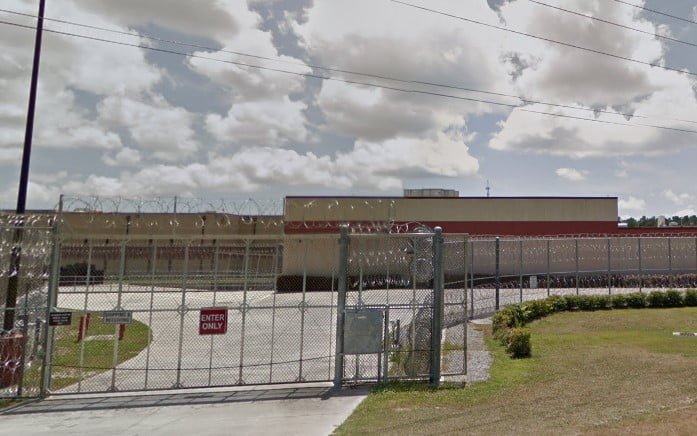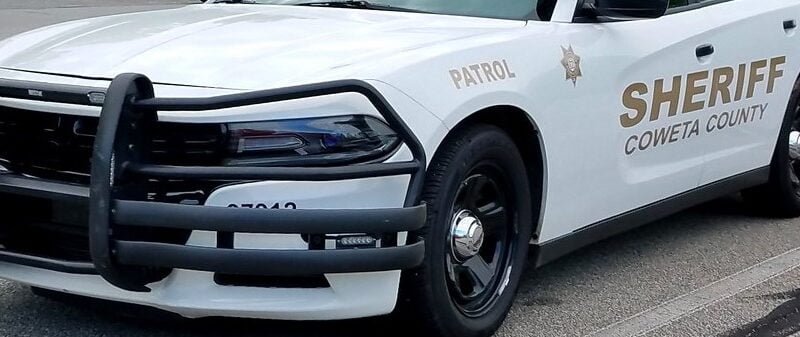Expert disputes Cobb’s view of Braves’ development as a home run
(The Center Square) — Cobb County officials continue to tout the benefits of the Atlanta Braves stadium development near Smyrna, but a leading expert says the project’s finances aren’t quite the home run leaders suggest.
The Braves moved to Truist Park, initially named SunTrust Park, for the 2017 season, and Cobb officials committed $300 million in public funds for the $672 million stadium complex project.
The county uses various revenue sources, including a nightly hotel room fee and a rental car tax, to fund its $16.4 million portion of the more than $22.4 million debt service annually. The Atlanta Braves pay an additional $6.1 million per year in rent.
In a release that touted “the meteoric rise of property values,” Cobb officials said the county used less than $1.8 million from the general fund for the stadium’s debt service, below the initial $6.4 million projection. Cobb officials said Battery businesses paid $2.6 million in property taxes last year.
“The amount of property tax paid by the Braves and Battery Atlanta complex more than exceeded the amount of general fund property taxes contributed to the debt service,” Cobb County Chief Financial Officer Bill Volckmann said, according to the release.
However, J.C. Bradbury, a professor of economics, finance and quantitative analysis at Kennesaw State University, told The Center Square he is curious why anyone thinks property tax payments exceeding general fund property tax contributions to the debt service is a relevant metric.
“This is not remotely interesting and tells us nothing about the debt service going away,” Bradbury said in an email, adding that Cobb’s obligation is roughly $18 million annually when other contributions, such as capital maintenance and traffic management are added to the debt service and the $6.1 million in rent paid by the Braves is subtracted.
Bradbury said his studies have found roughly $3 million in added tax revenue flows to Cobb’s government to the opening of Truist Park and The Battery. The stadium generates a deficit of roughly $15 million annually, he said.
“Focusing on this strange comparison of these two sub-totals on a ledger is like Braves manager Brian Snitker celebrating the fact that his reliever pitched a clean inning in the midst of a 15-0 loss,” Bradbury said. “This comparison is completely meaningless, and it conveys nothing about the salutary nature of the County’s investment in the stadium, which is unambiguously costing Cobb taxpayers more than it generates in added tax revenue.
“It seems that County and Braves leaders think that if they keep repeating the fantasy that the stadium has been a net fiscal benefit to the County that it will come true,” Bradbury added. “The statement that ‘the annual fiscal report shows revenue from the complex again exceeds county taxpayer’s contribution’ is 100% false. Keep dreaming.”






